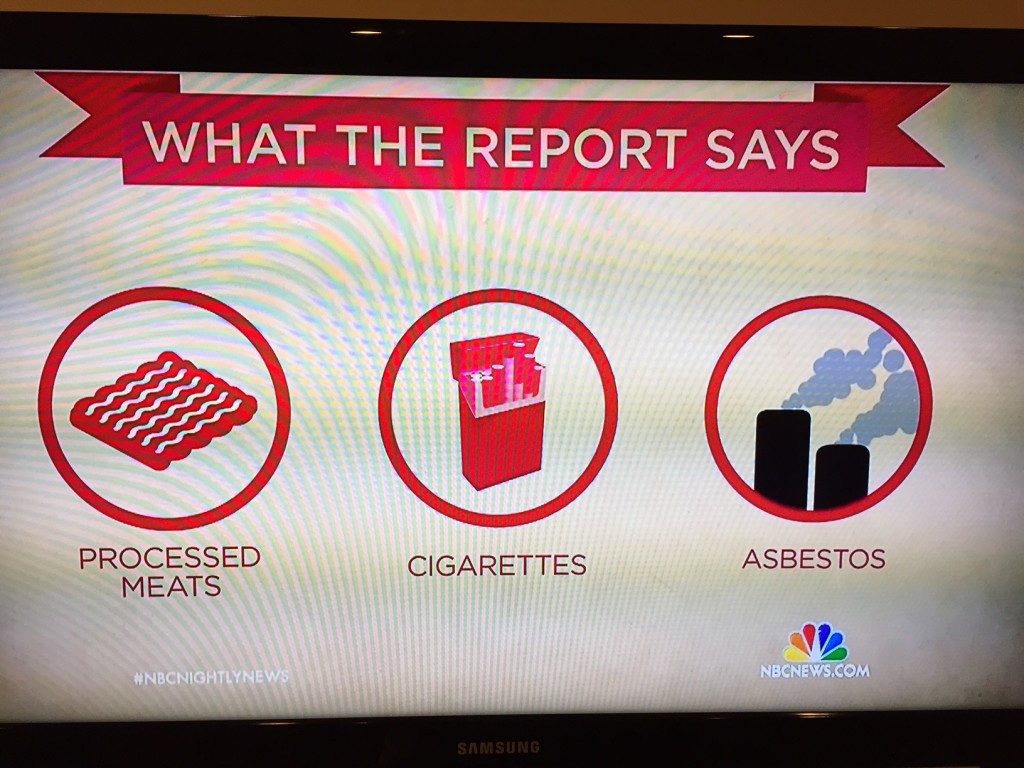People are scared by COVID-19. This is understandable. Some people have started wearing personal protective equipment (PPE), mainly masks and gloves, although some are going for bonus points PPE like protective overalls, because they think the PPE will help protect them from COVID-19. It may, but it may not. I thought I might present just a few basics points for people who don’t normally wear to consider about wearing PPE.
What do I know about PPE you may ask. I am engineer and scientist. I have worn PPE in the field when taking environmental and industrial hygiene samples including soil, groundwater, urine, blood, air samples, and more. To earn my Ph.D., I worked in a lab that handled both chemical and biological samples. That is, one day I might have been handling urine or blood and needed to protect myself from pathogens, and another day I might have been handling chemical samples (or more likely part of a biological sample that had been placed into a chemical for processing) and needed to protect myself from chemical hazards. I am also HAZWOPER certified, and as part of the training, you have to dress in Level A and Level B PPE.
The most basic thing you need to know about PPE is first that PPE is essentially anything you wear that protects you from a hazard. In some places, jeans and long sleeves are PPE because they cover your skin from minor hazards. Steel-toed, leather boots are PPE that I have worn on a frequent basis when in the field as they protect my feet from many physical hazards including in at least one location I was working, rattlesnakes. [Not a hazard I was expecting on that site inspection, but, well, Texas.]
The second most basic thing you need to know about PPE is that it is not magical. PPE has to be worn correctly, and the correct PPE must be worn. For example, not all gloves protect against all hazards. In most of my work, I have worn nitrile gloves. Nitrile tent to be preferred over latex. The minor reason is potential latex allergy. However the main reason is that nitrile protects against more chemicals than latex. For most of my work, it is chemicals for which I need to protect myself. Most gardening gloves will protect you against some physical hazards like prickly vines, but they will not in general protect you against chemicals like pesticides you might be applying.
On the subject of gloves, gloves do not kill bacteria or viruses. If you are worried about viruses getting on your hands because you are touching a grocery cart for example, and so you decide to wear nitrile gloves, if you dispose of the gloves after touching the grocery cart and don’t touch anything else, then gloves may have protected you. However, if after touching the grocery cart with the gloves, you then touch your phone or your face with the gloves, then the gloves have done you no good. You have just transferred any viruses from the grocery cart to your gloves to your phone or face, just as efficiently as if you had not worn gloves. A week ago, I went to Costco and went first to the bathroom. When I was washing my hands, I noticed a woman washing her hands while wearing latex gloves. I simply don’t want to know what else she touched with the gloves before doing this or after.
A final note about gloves, there is a definite technique to how to remove them. The goal is to remove them without touching the outside of them. There may possible be another way, but the best way I have found to do it, is place one gloved finger on the outside of the other hand’s glove, near the wrist and carefully pull that other hand’s glove off, sort of rolling it off. Then with the now glove free hand, place your ungloved thumb under the other glove near the wrist and pull that glove off. Easier to show than explain.
Masks and respirators are designed for different types of protection, and it is critical that they be worn properly and for the correct use. Surgical masks are really more to the protect the patient from the surgeon sneezing or coughing on them than to protect the surgeon from the patient. Surgical masks can protect the wearer from splashes or larger droplets or to a certain extent large particles, but that is about it. Surgical masks do not provide even a decent seal around the face, so they do not protect from airborne viruses, bacteria, chemicals, or even small particles. If you don’t believe me, believe the FDA.
The now popular N95 masks can protect against some particles, viruses, and some other things if worn correctly. First, it is important to consult the manufacture’s information as to what they are designed to do and not to do. Second, it is critical that the wearer has a good seal. What does that mean? It means the edges of the masks must fit snugly against the skin for the entire perimeter of the mask. Men, you have to be clean shaven. Even an evening stubble will prevent the seal. N95 masks have a piece of metal that goes over the nose. That metal needs to be adjusted to get a good seal over the nose. Both elastic bands for the mask must be used to increase the fitness of the seal. Finally, masks get saturated. They can only be worn for a certain period of time before whatever you are breathing in breakthrough the mask.
I can’t emphasize enough how critical seals are. When I was graduate school, for the field work I was doing, I needed to be able to use a half-face respirator. That required me to first get medical clearance to wear the respirator. Second, I had to be fit-tested for the specific respirator I was going to wear. Different manufacturers make different size masks, and they don’t generally agree with each other. Hence I was fit-tested to wear a specific manufacture’s specific sized mask, and that was the one I wore throughout my field work.
Finally with respirators and masks also, the manufacture will state what the respirator or mask is designed to protect you from. If you go to a hardware store and look at respirators, you will notice that some respirators are for lead, some for particulates, some VOCs, and some will do a combination. A mask to protect from VOCs and PM10 is common. If you are going to work with VOCs, and you get one that is only for PM10, you will not be protected at all. Cartridges for respirators have to be changed frequently. Every two weeks is a common changeout time.
Those are the basics. There is really a lot more to understand about PPE, but those of the initial basic critical points to understand if you are thinking about wearing PPE to protect you from a virus or other hazards.








